What Are the Ways to Get Along With Someone?
No one can declare your feelings and emotions illegal or judge them unworthy. You feel what you feel.
And often there is a reason for these feelings and emotions.
Yes, they could be reactions to perceived danger or threat that may be imagined. Also, they could be reactions to your vulnerability to matters that arise from your own insecurities. But nonetheless, they are real, and no matter the reason, are issues, which need to be acknowledged. If not, well, don’t only look at your own life, take a look at the world.
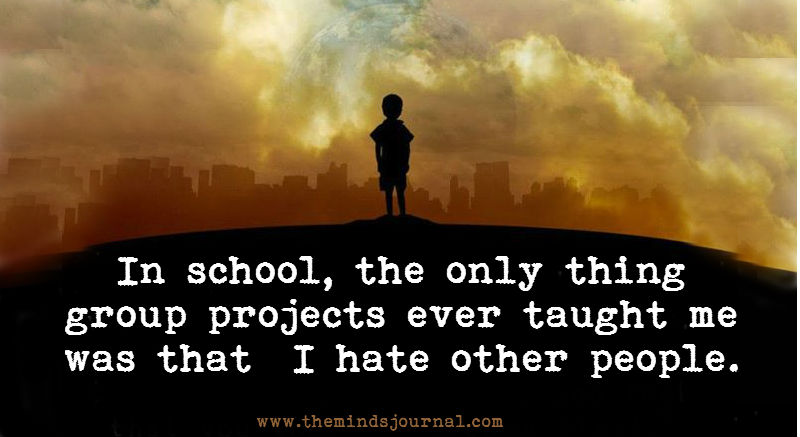
In order to get along with another person, it means you must be able to co-exist in some degree of peace.
That means you are not fighting or fleeing one another. Since fight of flight always originates from perceived danger, threat, or vulnerability, it follows that the parties in the relationship can’t feel these things.
We see this playing out in history from time immemorial. But we need not look to history.
Look at the world today. Look at my country, the United States. Democrats feel threatened by Republicans, many African-Americans feel threatened by White Americans, the poor and middle class feel threatened by the wealthy. And naturally the inverse is the same. No one religion, race, ethnicity, gender, or socio-economic group corners the market on the automatic brain, our primitive nature; that is, in our ability to react to perceived danger, threat, or vulnerability by fighting or fleeing. This often shows itself in the basest human actions.
The longstanding Palestinian – Israeli conflict is a good example of this. Although certainly on the surface the issues are different, at its core the polarized support in this conflict reminds me of the trial of OJ Simpson or more recently George Zimmerman’s trial in the death of Trayvon Martin. The vast majority of African-Americans sided with Simpson and Martin; whereas White Americans did not. Neither side can believe how the other can feel the way they do. But, they do feel the way they do.
To be sure, there are times we must protect ourselves from the primitive brain of others. However, people feel the way they feel, whether you believe it is right or wrong.
The only way to get along is to acknowledge these feelings. The only other option is to reign superior and suppresses them—not a method that has worked too well in the past.
I suggest starting in the home, certainly if your relationships are not what you would like them to be. Here are 7 ground rules to begin an honest exchange of feelings, emotions, and beliefs.
7 Ways To Get Along with Someone:
1. Write how the other person(s) makes you feel.
2. Do not try to defend your feelings. Own them. You feel the way you do for a reason.
Read 12 Signs You’re Disrespecting Yourself (and How to Stop)
3. Don’t site any examples of what makes you feel this way.
4. Only write your feelings. Don’t project what you think the other feels. For example, “I feel you don’t care about our family.” Or, “I feel you don’t value privacy.”
5. Don’t judge (question) the other’s feelings and try to site examples, “How could you feel that way…I have done this…I have done that, etc…”
6. Be on the lookout for manipulation, from all parties. This is not a competition, but an open exchange. The exercise, itself, may cause one to feel vulnerable, triggering that automatic brain, leading to a fight or flight. This may result in one party trying to manipulate the other for the upper hand. Be aware of this and stop it!
7. Pretend I am in the room with you as an arbiter!
Acknowledgment of another’s feelings is the first step in leading to a long-lasting peaceful, happy, and secure relationship. It is impossible to achieve when both parties are in a full blown fight or flight reaction. However, the first chance you get, I suggest you sit down and do this. Be an example to your children, to your friends, your family, to the world. Then, maybe we actually will have a chance to get along, after all.
Source – www.charlesglassmanmd.com
Love this article ? Why not share it with your friends.
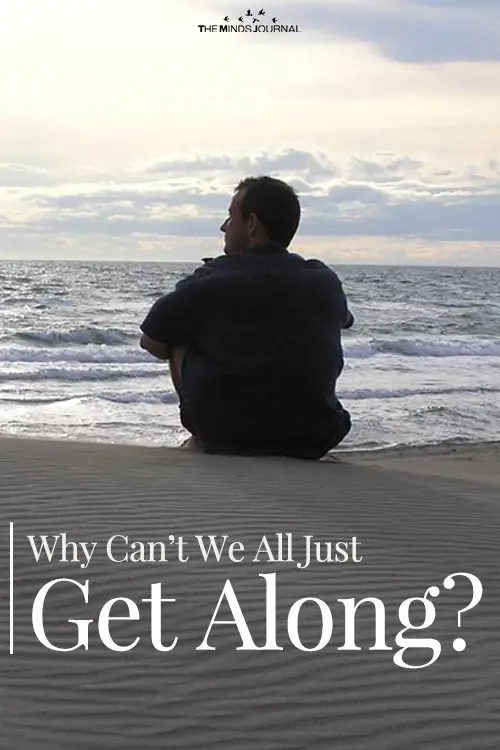
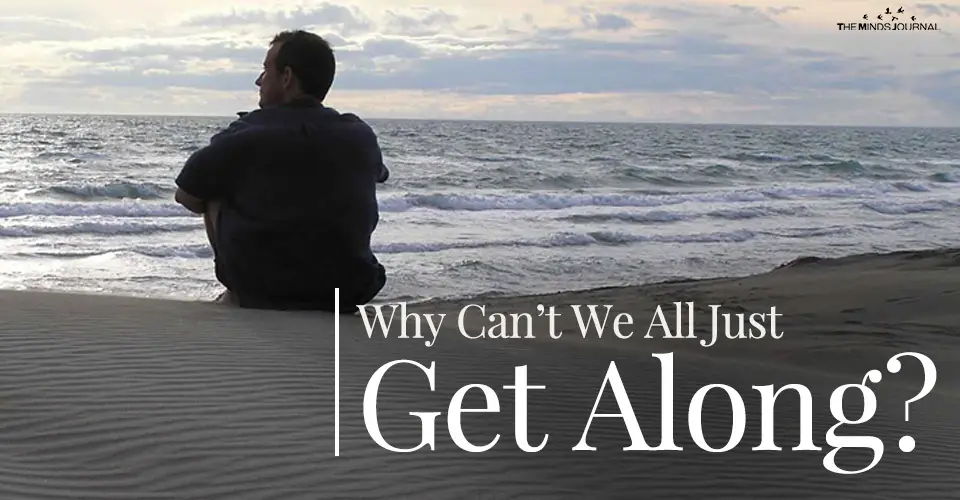
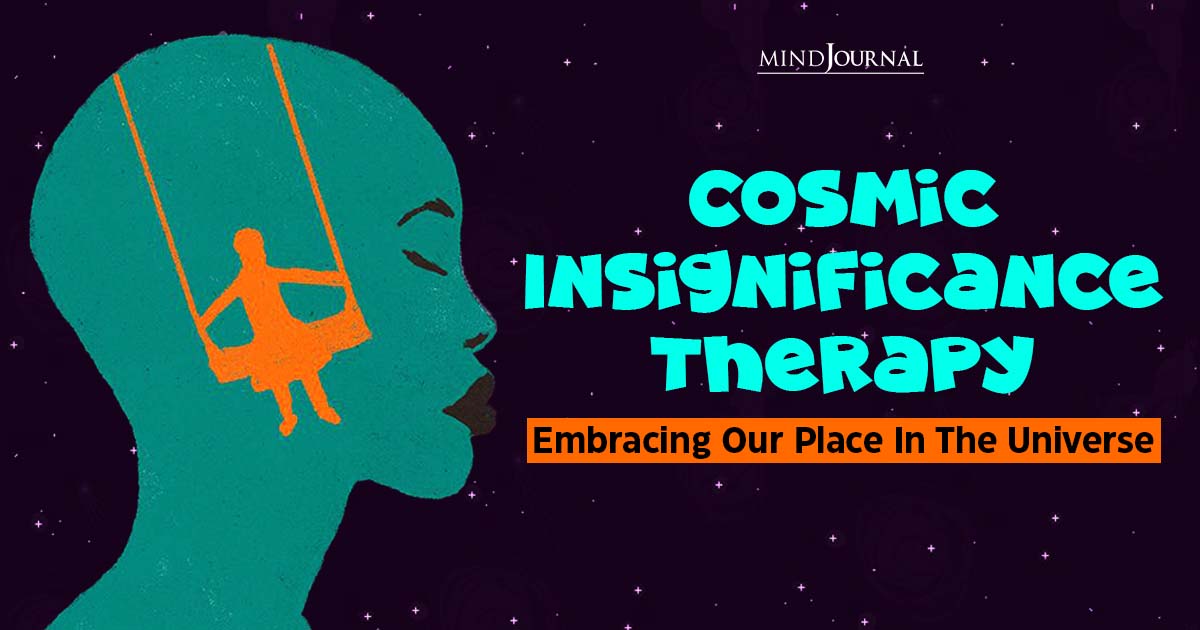
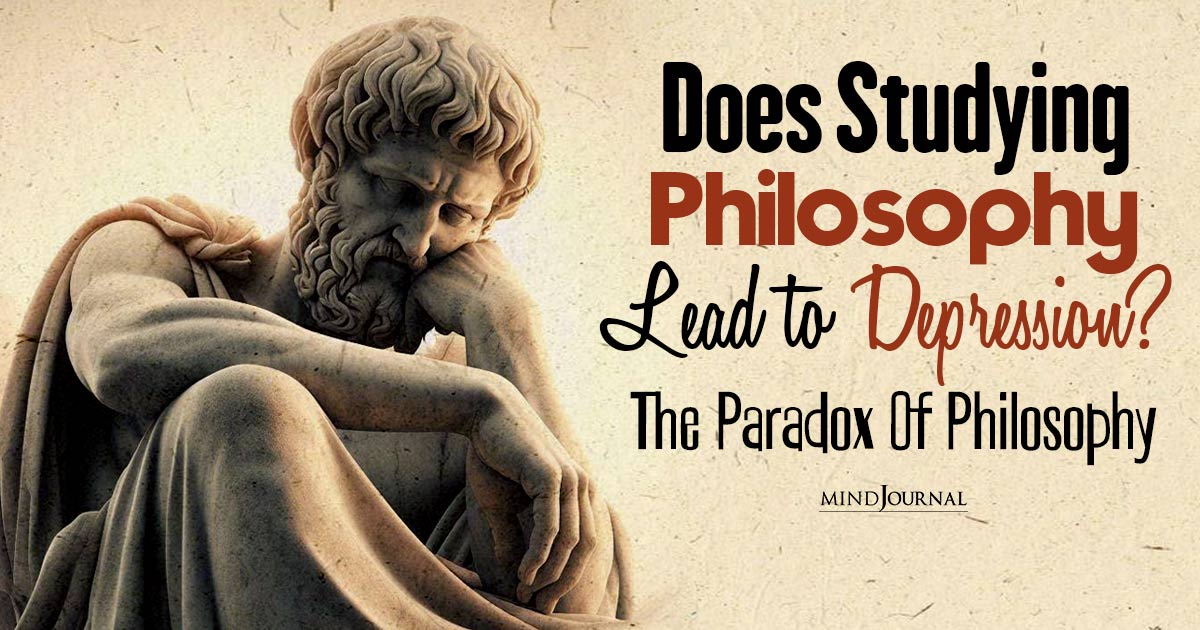
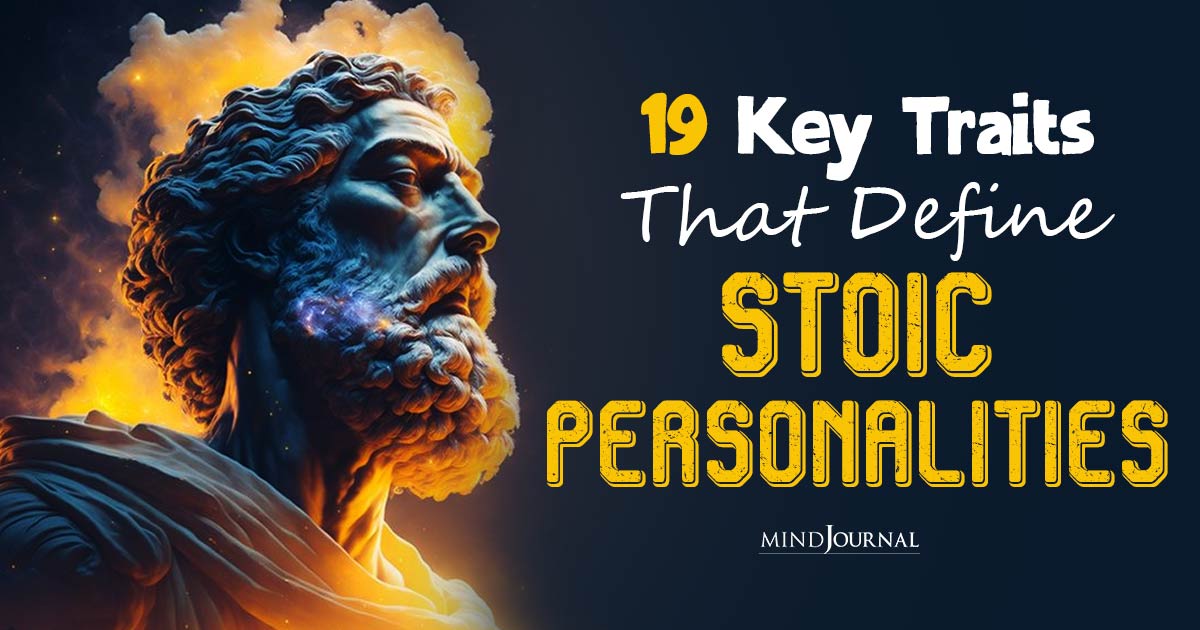

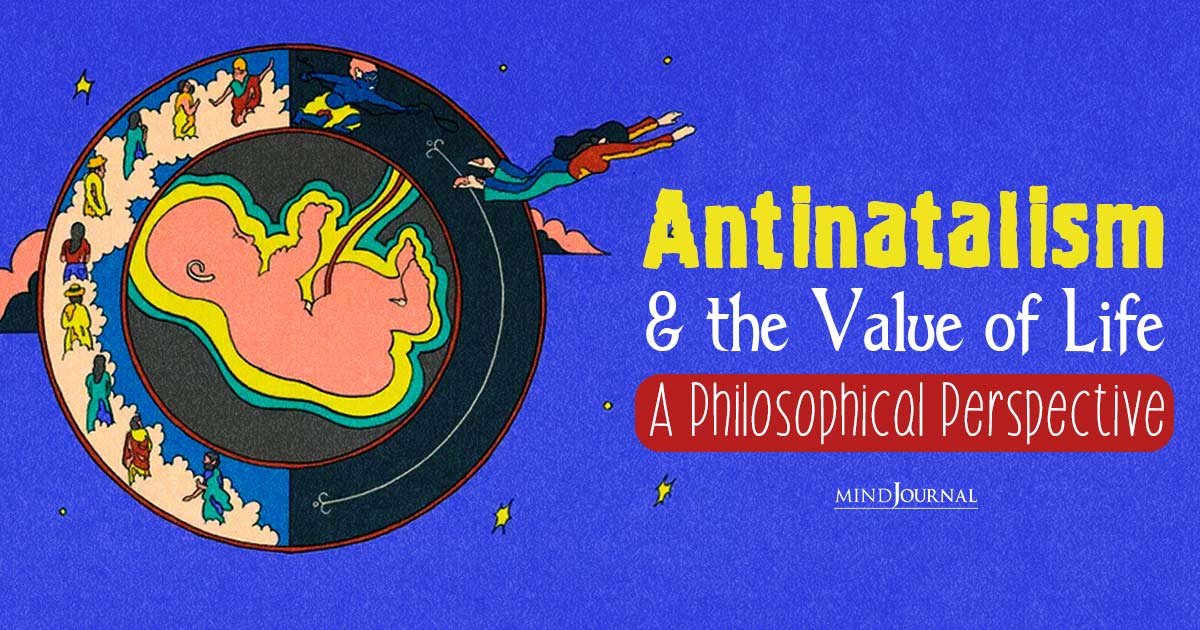
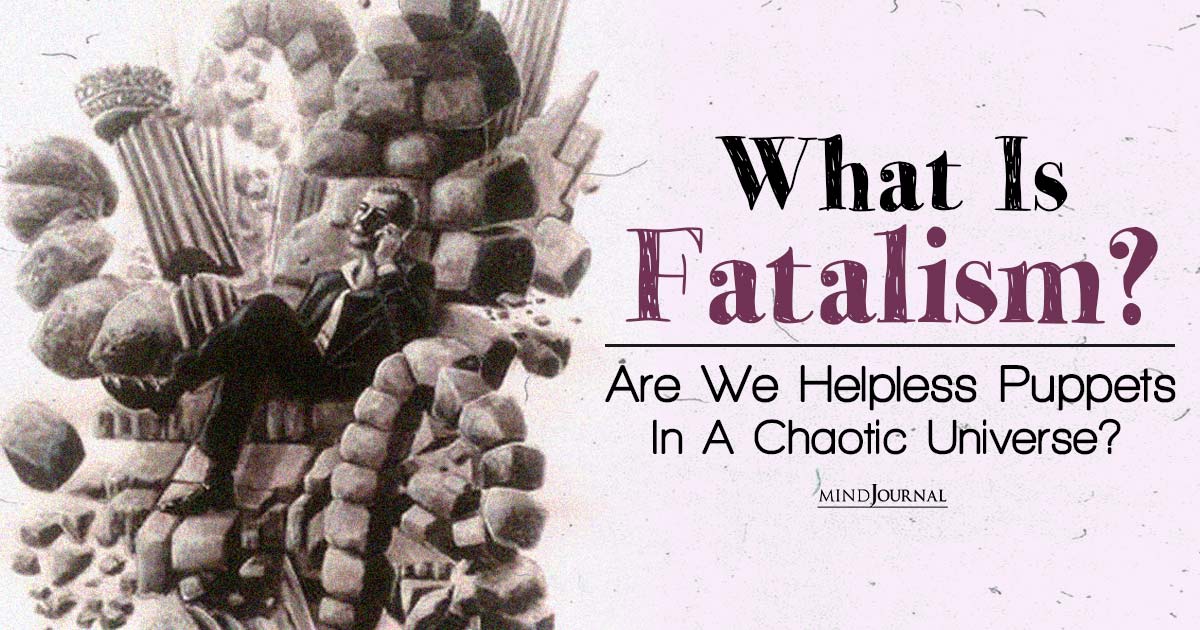

Leave a Reply
You must be logged in to post a comment.